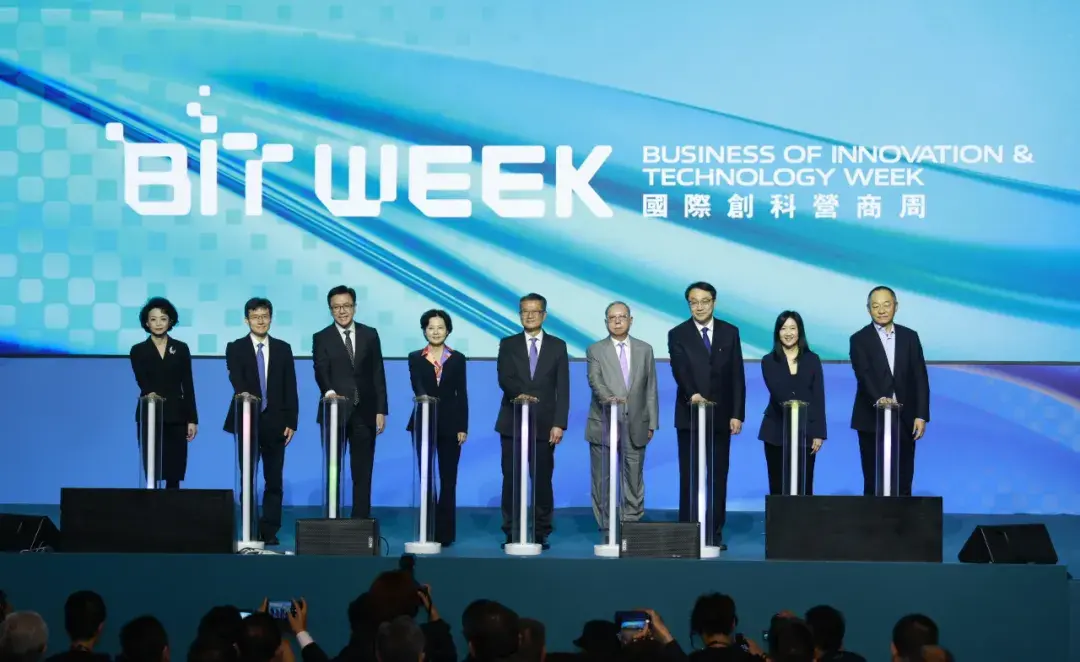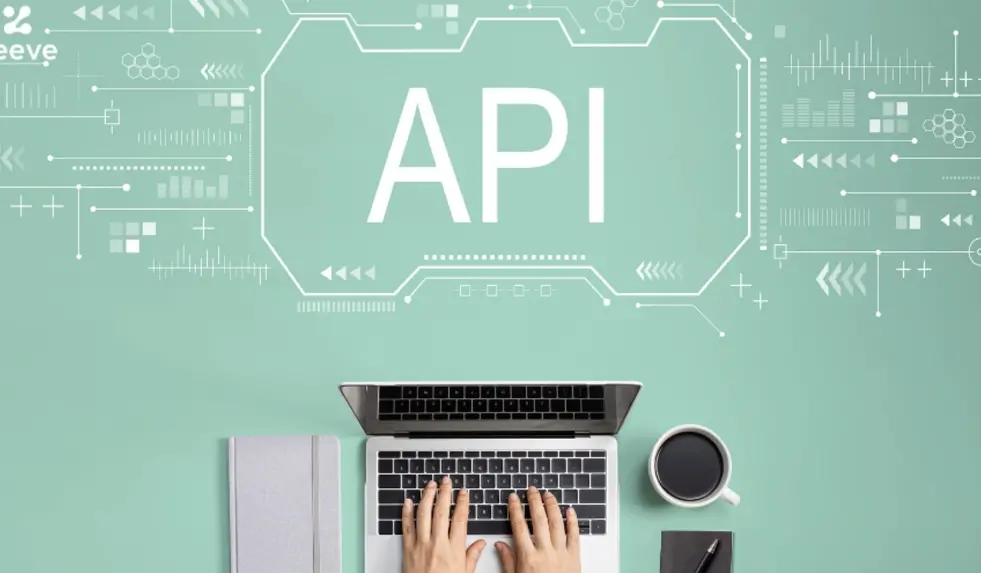Interpreting the Web3 Regulatory Landscape in the UAE (Dubai)
Original Title: 《The web3 regulatory landscape in the UAE》
Author: Irina Heaver, Cryptoslate
Translator: 阿法兔
For Web3 founders, lawyers in the crypto space, and financial regulators, 2022 has been a tumultuous year. Bankruptcy, fraud allegations, and various other events have emerged in 2022… So, what kind of events might we expect in the future?
One thing is certain: firstly, regulatory agencies (around the world) will take stringent measures against the crypto space, and the days of evading legal sanctions through offshore jurisdictions are long gone. If Web3 founders are smart and have foresight, they will realize that current projects must meet regulatory requirements.

According to a report by PWC, from July 2020 to June 2021, the UAE's share of the global cryptocurrency market increased by 500%, surpassing a trading volume of $25 billion.
Several countries around the world have publicly announced their commitment to take a leading role in regulating the Web3 and cryptocurrency space, thus providing a certain environment for ordinary users, industry founders, and investors. In this regard, the UAE has many free economic zones and financial free zones that attract entrepreneurs in the industry by issuing "crypto licenses."
So, how should we think about the regulations and terms for Web3 and cryptocurrency entrepreneurs and investors in the UAE from a legal and regulatory perspective?
Financial Regulation in the UAE
Financial regulatory agencies oversee financial services activities in the UAE. Therefore, if your Web3 project is related to traditional financial activities such as banking, brokerage, custody, payment services, or investment management, it is likely to fall under the jurisdiction of UAE financial regulators.
UAE (Determination of Financial Jurisdiction)
- Mainland or Onshore Companies: Refers to companies registered in one of the seven emirates' economic sectors, such as the Dubai Economic Department (DED) and the Abu Dhabi Department of Economic Development (ADDED).
- Free Economic Zones: The UAE has over 40 free zones, with more than 30 free economic zones in Dubai alone; DMCC: The largest free economic zone, the Crypto Centre has become the flagship of the UAE, with over 500 crypto and Web3 companies operating here.
- Financial Free Zones: The UAE currently has two financial free zones, namely the Abu Dhabi Global Market (ADGM) and the Dubai International Financial Centre (DIFC).
- Offshore Jurisdictions: The UAE has two free economic zones that fall under offshore jurisdictions: Jebel Ali Free Zone and RAK International Corporate Centre.
For "Mainland or Onshore" companies in the UAE, they are regulated by the following financial regulatory agencies:
(a) The Emirates Securities and Commodities Authority (ESCA), responsible for regulating securities issuance in mainland UAE and various free zones (excluding financial free zones: DIFC and ADGM);
(b) The Central Bank of the UAE is the supervisory and regulatory authority for banking and insurance activities in the UAE;
In the two financial free zones in the UAE, they have their own financial regulatory agencies, namely:
(a) The Dubai Financial Services Authority (DFSA), responsible for regulating financial activities in the Dubai Financial Free Zone, which is independent of mainland UAE: specifically, the financial activities of the Dubai International Financial Centre (DIFC);
(b) The Financial Services Regulatory Authority (FSRA) is responsible for regulating financial activities in the Abu Dhabi Global Market (ADGM). (The Abu Dhabi Global Market is a financial free zone independent of mainland UAE.)
In addition to overseeing the mainland jurisdiction and the two financial free zones, the UAE has over 40 free economic zones. However, the autonomy regarding the issuance of licenses for specific business activities varies by zone.
Among them, two free economic zones need to operate under offshore jurisdiction, making them more suitable for the legal structure of family trusts and family foundations.
When a company is established in the UAE, it will receive a Trade License, which is a document that reflects the nature of the company's establishment. Note that the Trade License is sometimes abbreviated as "License," which can be confused with regulatory approval documents provided by financial regulatory agencies.
We often hear someone say, "My Web3 venture capital fund holds a License from the Airport Free Zone." Firstly, the Airport Free Zone is not under the UAE's financial regulatory authority and cannot issue licenses for venture capital funds. Secondly, the Trade License here is merely a proof of company establishment, which only includes some business activities that may broadly resemble investment activities.
Note: This point is crucial for participating investors; do not be misled by the name, seeing that a company holds a Trade License does not mean you are investing in a regulated entity, as this is not the case.
Cryptocurrency Regulation and Legislation in the UAE
In 2020, the UAE ESCA (Emirates Securities and Commodities Authority) issued Decision No. 23, proposing the "Crypto Assets Activities Regulation" (the Crypto Asset Regulations), aimed at regulating the issuance, listing, and trading of crypto assets in the UAE, as well as related financial activities. However, recently, ESCA informed that the crypto asset regulations have not yet officially come into effect.
VARA (Virtual Assets Regulatory Authority)
Two years later, on March 9, 2022, Dubai issued Law No. 4 regarding the regulation of virtual assets, establishing a brand new regulatory body called the Virtual Assets Regulatory Authority (VARA). VARA's jurisdiction includes regulating all virtual asset service providers in Dubai (including cryptocurrency exchanges, cryptocurrency venture capital funds, NFT platforms, etc.), but DIFC is not subject to VARA's regulation, as DIFC is a financial free zone with its own financial regulatory authority. VARA has not yet published detailed regulations, but it has jurisdiction over virtual asset service providers within its business scope related to its operations. However, VARA has already granted business pilot approvals to several companies, notably including FTX.
ADGM (Abu Dhabi Global Market)
The Financial Services and Markets Regulations (FSMR) released in 2015 established the legislative and regulatory framework for financial services in ADGM. In 2018, ADGM amended the FSMR to regulate "cryptocurrency activities." Several companies have obtained licenses to operate cryptocurrency exchanges or cryptocurrency custody services, among which the most famous is the one we all know.
This area is more suitable for: regulated Web3 venture capital companies, cryptocurrency custody service providers, and companies investing in equity of Web3 projects.
DIFC (Dubai International Financial Centre)
The Dubai Financial Services Authority (DFSA) recently implemented the Crypto Token Regime in DIFC.
The Crypto Token Regime expands the scope of many existing financial services activities, applicable to the provision of products and services related to "crypto tokens." They then restrict the use of crypto tokens to the scope "recognized" by DFSA. Currently, the crypto tokens recognized by DFSA include Bitcoin, Ethereum, and Litecoin, while utility tokens and NFTs are explicitly excluded from financial regulation, and privacy coins (as privacy is a human right) are prohibited in DIFC.
This area is more suitable for: investing in cryptocurrency hedge funds, family offices, traditional financial service activities (including investment consulting, trading/arranging investments, trading and custody, extending to include some very limited cryptocurrency activities), and financial activities related to Bitcoin.
Dubai's Free Zones
Three non-financial free economic zones have recently begun to establish non-financial companies related to cryptocurrency business activities, announcing "cryptocurrency centers" and signing undisclosed memoranda of understanding with ESCA.
DMCC: Dubai Multi Commodities Centre
DWTC: Dubai World Trade Centre
IFZA: International Free Zone Authority
Interestingly, there is also competition among the aforementioned free economic zones, announcing partnerships with leading Web3 and cryptocurrency projects and actively participating in various promotional and marketing activities.
DMCC (Dubai Multi Commodities Centre) is worth noting; they have established a thriving crypto center with over 500 companies registered. If you plan to join a vibrant crypto community, the DMCC crypto center might be your choice.
This area is more suitable for: launching Web3, Metaverse, or NFT projects; personal holding companies, self-managed cryptocurrency asset management, or investments from experienced cryptocurrency entrepreneurs and high-net-worth individuals; establishing single-family offices.
The environment regarding weather, taxation, and geopolitics is favorable, providing the infrastructure for family and business life, making the UAE a preferred choice for Web3 and cryptocurrency founders.
However, it is important to note that for businesses like launching utility tokens, the UAE may not necessarily be the most suitable location. Launching tokens requires designing the company structure while conducting legal assessments, as it must be explained to regulatory authorities that the token is a utility token and does not fall under the jurisdiction of financial services regulations. Similarly, governance tokens when establishing a DAO also fall under utility tokens.
Experienced and excellent investors typically prepare to have projects issue tokens in different jurisdictions, and of course, they will fully utilize all the advantages provided by the UAE jurisdiction.









